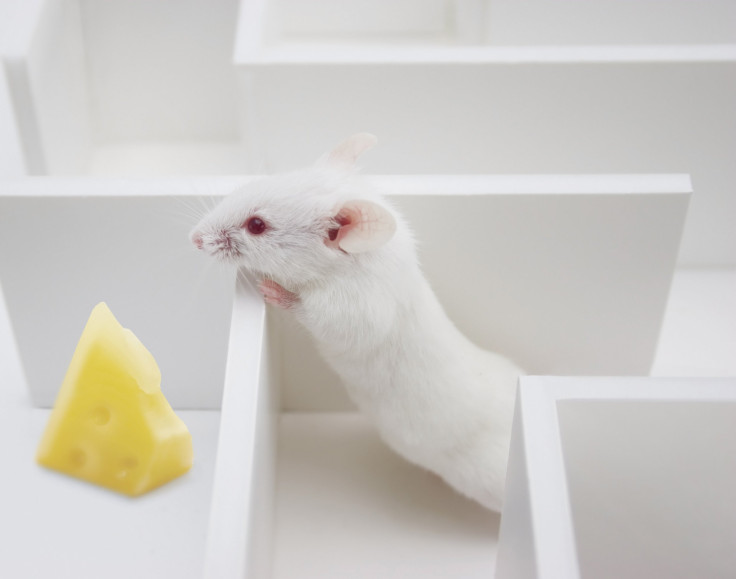Anti-Cancer Drug Reverses Intellectual Disability In Mice, Similar To Kabuki Syndrome In Humans

Doctors have traditionally viewed intellectual disorders as unchangeable, and the parents of children who suffer from these conditions have come to accept that regardless of education and treatment options, their child’s performance level will never be on par with other kids their age. A new study could potentially change this current reality after they showed that intellectual disorder does not have to be lifelong, and may even be reversible.
Nearly Complete Reversal Of Intellectual Deficit
In a study, now available in the journal Science Translational Medicine, researchers showed that an intellectual disability in mice could be significantly treated using a common anti-cancer treatment. The researchers used mice with a genetic disorder similar to Kabuki syndrome found in humans.
Kabuki syndrome is a disorder that affects many parts of the body. Along with distinguishing physical features, those with this condition will experience developmental delays and intellectual disabilities that can range from mild to severe. The condition occurs in about one in every 32,000 newborns and is classified as a Mendelian genetic disorder, or a disorder that occurs due to the inheritance of one causative gene.
The researchers gave the mice with a Kabuki syndrome-like condition AR-42, a drug developed for cancers of the blood, according to the press release. After two weeks of treatment, the mice were then put through a water maze in order to test their ability to form memories. It was found that not only did mice treated with the anti-cancer drug perform better than those who had not been treated, but the treated mice nearly performed on the same level as healthy mice without any previous intellectual disabilities.
Stimulates The Creation Of More Neurons
To understand exactly what caused a difference in performance, the researchers looked at the brains of the treated and untreated mice and found that those who had received the anti-cancer medication had more newly formed neurons in an area of their brain called the dentate gyrus.
"The dentate gyrus is important for memory formation, and it's also one of the few places in adult brains where we see new neurons," explained lead study researcher Dr. Hans Bjornsson in the press release. The researchers believe that the anti-cancer drug was able to stimulate the growth of new cells.
Mendelian disorders are named after Gregor Mendel, whom you may remember from eighth grade biology class as being responsible for recognizing hybridization of pea plants. These disorders are caused by the inheritance of a single gene, and include conditions such as: cystic fibrosis, sickle-cell anemia, Huntington’s disease, hemophilia, and Rett syndrome. According to the researchers, the study’s findings could potentially change the way science perceives Mendelian disorders. “Mendelian disorders of the epigenetic machinery affect how cells 'package' and use DNA, so they tend to have complicated and far-reaching effects," Bjornsson said. “Finding that a drug can ease some of the symptoms in this group of disorders suggests that other Mendelian disorders of the histone machinery may be treated in a similar manner.”
Future Looks Bright
While the developments of treatments for inborn intellectual disabilities are many years down the road, this study adds to the growing evidence that these conditions may be reversible. It seems that contrary to common belief, humans continue to form new brain cells throughout their lifetime. If disabilities such as Kabuki syndrome are caused by fewer neurons, then a drug that stimulates an increase in neuron production would “be an effective strategy for treating intellectual disability,” Bjornsson said.
Source: Bjornsson HT, Benjamin JS, Zhang L, et al. Histone deacetylase inhibition rescues structural and functional brain deficits in a mouse model of Kabuki syndrome. Science Translational Medicine. 2014.



























